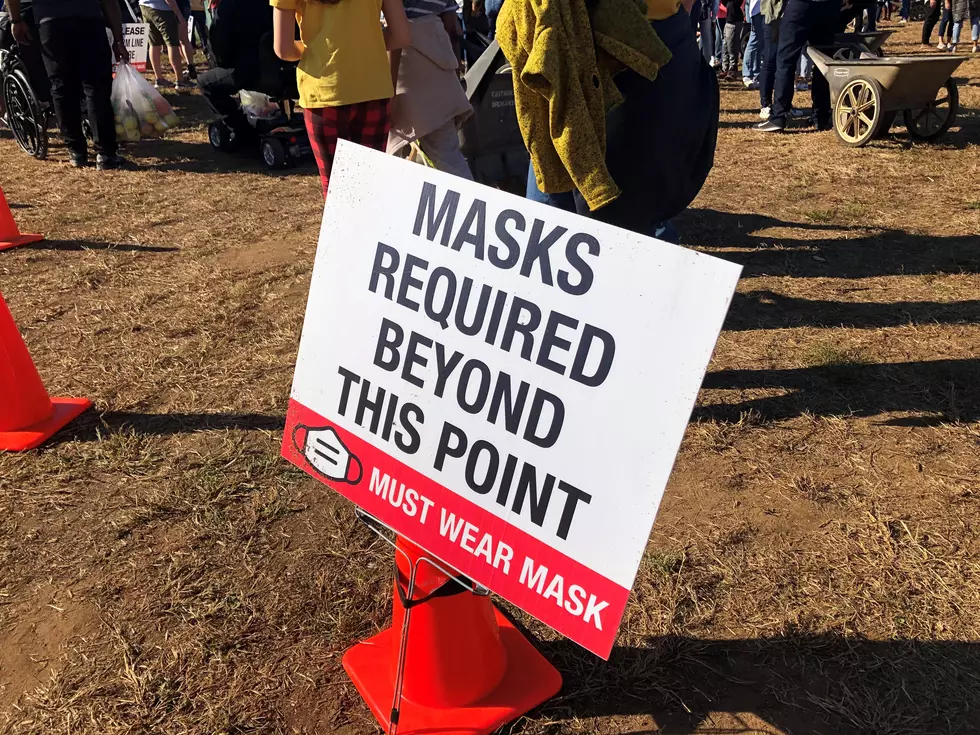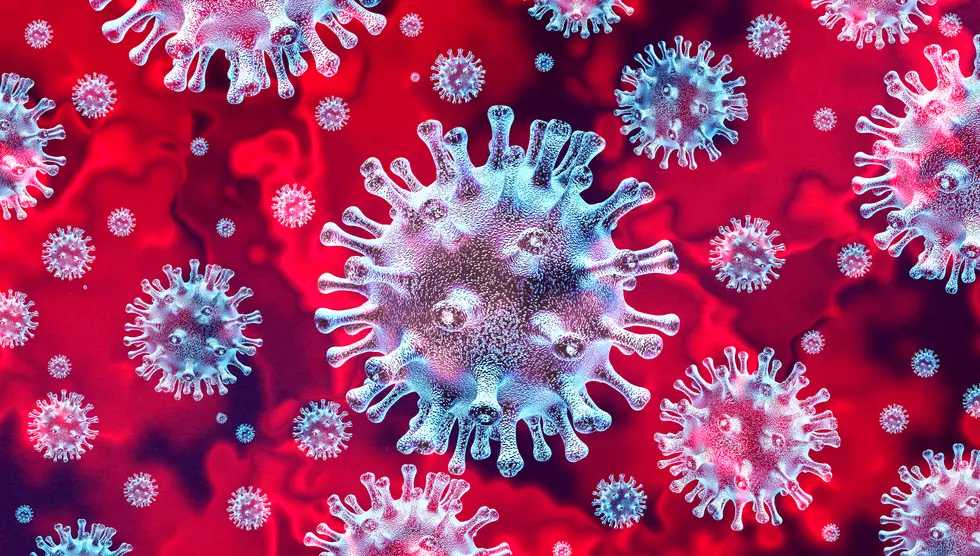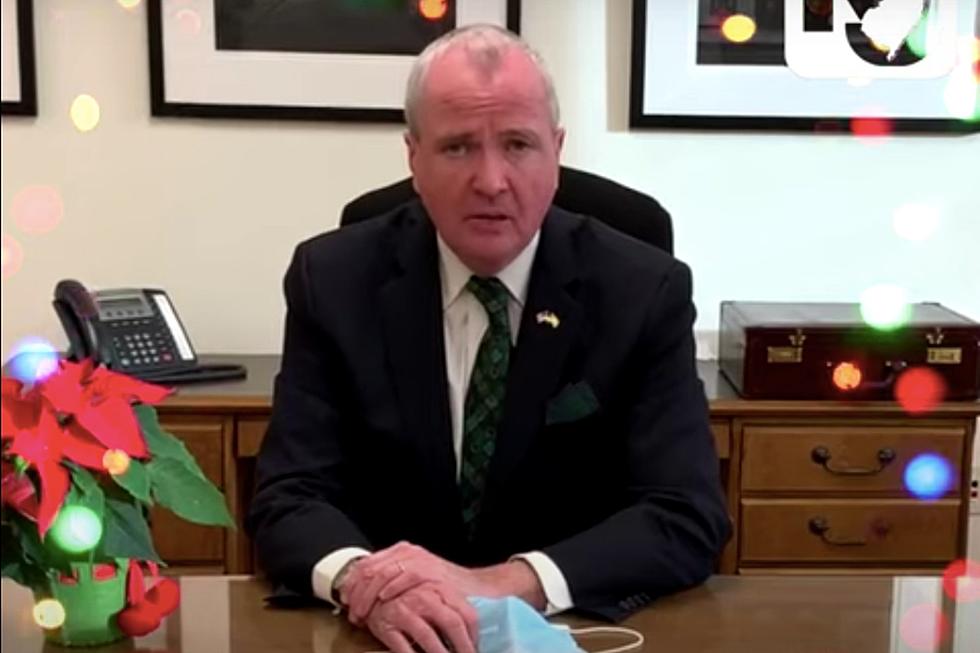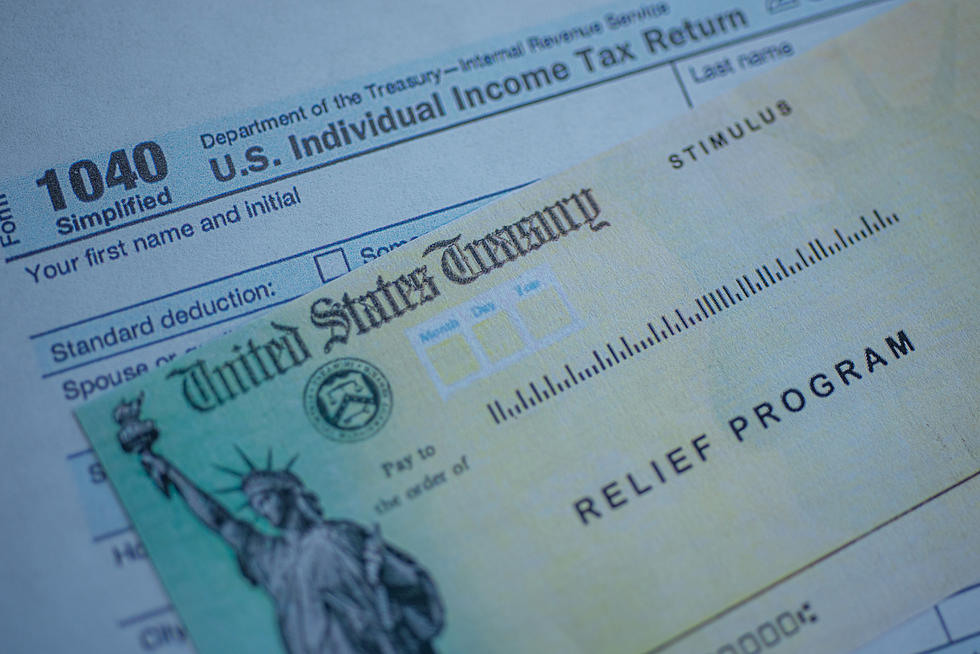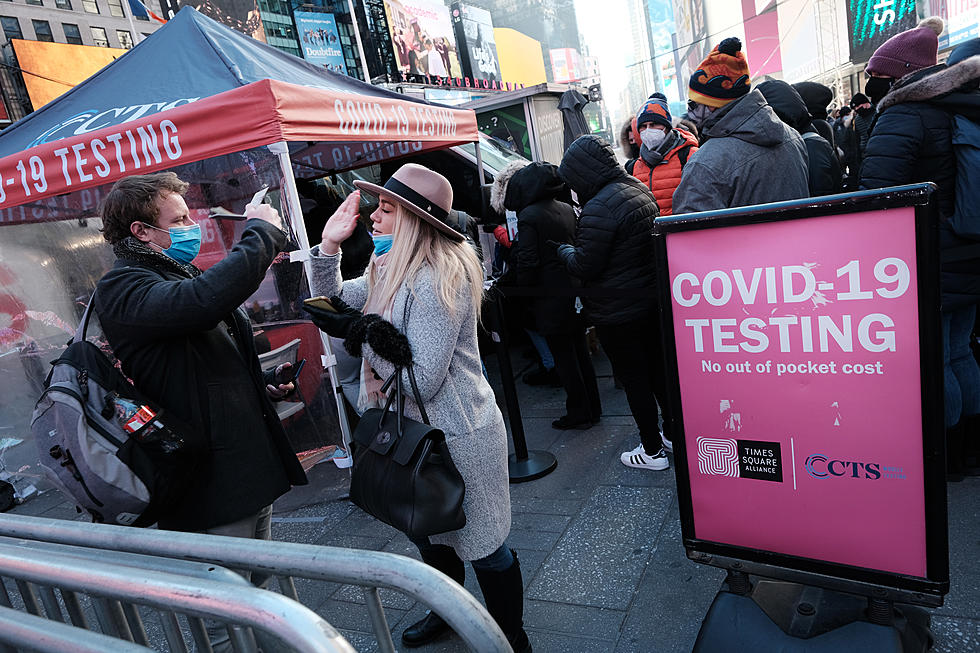
Murphy says no to new mandates, restrictions in NJ as omicron fears grow
As scientists across the nation and around the world continue to study how dangerous the new omicron variant may be, many New Jerseyans are wondering if Gov. Phil Murphy plans to implement any COVID-related mandates or restrictions in response to the new variant, first discovered in South Africa.
No new restrictions or mandates
During a coronavirus response update in Trenton on Monday, Murphy said no new steps are being taken, adding that could change depending on what happens in the coming weeks.
“We’re going to follow the science as it pertains to our readiness and response. We’re going to have to find our way forward as the research unfolds. I don’t think there’s anything on the modeling front – we just don’t know enough,” Murphy said.
For now, the one thing that's needed is time.
“Everyone is saying they need more time to understand this mutant, so we’re going to be in this sort of limbo period. It’s hard to say we’re going to take X,Y and Z steps affirmatively,” Murphy said.
The governor said there is no confirmation yet the new variant has arrived in New Jersey but the state is ready.
"The team at the Department of Health is prepared to identify omicron through both PCR testing and virus sequencing processing and protocols,” Murphy said.
No plans to stop elective surgeries
And while New York is putting a halt to elective surgeries because of concerns about hospitals possibly being overrun with COVID patients, Murphy said there are no plans to do that in New Jersey.
“I had surgery for cancer and found out later that would have been considered elective, which is not how I saw it, so that’s a pretty draconian step and we’re not remotely there,” Murphy said. “If we needed to take that step we have the authority to do it – please God we don’t have to take that step.”
Don't panic over omicron
And while some New Jerseyans are in a state of panic about the omicron variant, the governor urged everybody to keep their cool, echoing similar words delivered by President Joe Biden on Monday.
“Do not get hysterical. We just don’t know enough, so please don’t do that,” Murphy said.
As he's reiterated since the start of the pandemic, Murphy once again said that he will make decisions based on the science.
“Are we taking this seriously? Are we sober about it? Are we going to look to make decisions based on the science and the data and the facts as they become known? Absolutely,” Murphy said.
During an address at the White House on Monday, Biden called the new variant a cause for concern but "not a cause for panic," adding that he wasn't considering any widespread lockdowns.
Murphy urges precautions
The governor stressed that people should take precautions to protect themselves against the latest variant, as well as the one that remains dominate in New Jersey, the delta variant.
Those precautions include getting vaccinated, getting boosted if eligible and wearing a mask.
“We have in place a strong recommendation to wear masks indoors, particularly if you’re tightly packed and you’re with people whose vaccination status is not verifiable,” Murphy said.
He also said people should consider moving their gatherings and activities outdoors.
"If the weather is benign, take whatever you’re doing outside if at all possible,” Murphy said.
Pandemic to continue
So when will the COVID pandemic finally end?
Dr. Stanley H. Weiss, a Rutgers University epidemiologist and professor at the Rutgers New Jersey Medical School, said the nature of viruses is to mutate, which means new forms of COVID will continue to evolve moving forward.
“What we need is to learn how to live with this virus. It’s expected that we may see future variants as well,” Weiss said.
Murphy said he hopes the virus will become more manageable, much like the flu is today.
In regards to whether the vaccines are effective against the new variant, that is still being studied.
Weiss said some scientists are already looking at creating different vaccine approaches.
“Some people have been looking at vaccine approaches that might give very broad protection, so for the immediate future this is what we can expect,” Weiss said, adding this work was happening before the emergence of the omicron variant.
Delta bigger concern in NJ
New Jersey Health Commissioner Judith Persichilli said while the omicron variant is concerning, 99.9% of COVID cases in New Jersey continue to be caused by the delta variant.
Murphy said the state is "still registering well more than 1,000 new confirmed cases a day, and our hospitalizations are up sharply over the past several weeks."
On Monday, the state reported 1,843 new positive cases and 950 hospitalizations.
State epidemiologist Dr. Tina Tan said reports of more mild illness from the omicron variant in South Africa are anecdotal and “we’re still in the process of better understanding the scope of illness that omicron can cause.”
Even though very little is known about the omicron variant, the World Health Organization is warning this new form of COVID poses a “very high” global risk.
You can contact reporter David Matthau at david.matthau@townsquaremedia.com.
The Associated Press contributed to this story.
Answers to 25 common COVID-19 vaccine questions
Questions to ask to see if someone’s REALLY from New Jersey
More From 94.5 PST
